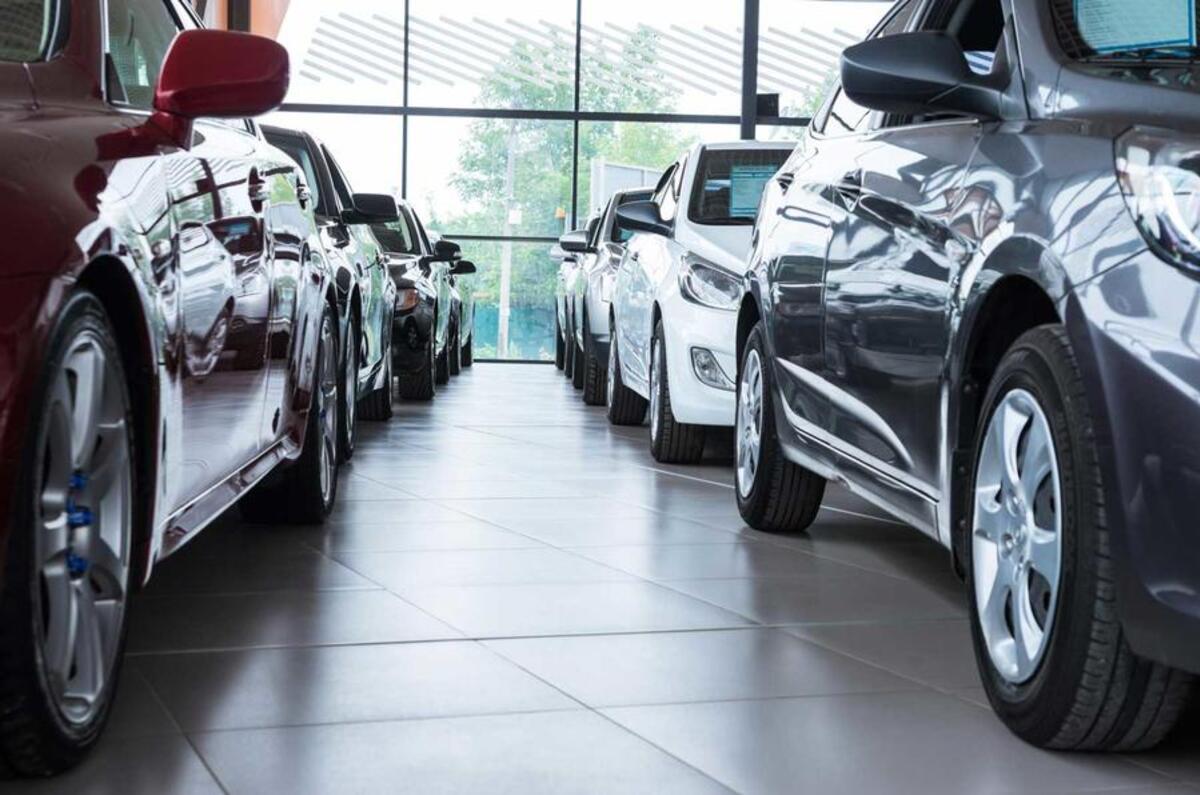Registrations of diesel cars in the UK were down by 30.6% in November, when the overall market declined for the eighth consecutive month.
In total, 163,541 new cars were registered last month, 11.2% less than in November 2016.
Sales of petrol cars grew 5% to 92,944 units, giving petrol a 56.8% market share – up from 48.1% at the same point last year.
This was accompanied by 33.1% growth in alternatively fuelled vehicle registrations, bringing their market share up to 5.4%. However, these could not counter the 27,163 unit drop in diesels, resulting in a decline in the overall market.
Private registrations were actually down by the smallest percentage, falling 5.1% in November. Business and fleet registrations fell by 33.6% and 14.1% respectively, with the impact of these sectors (which represent a respective 52% and 2.7% of the market) key contributions to last month’s shrinking numbers.
So far in 2017, 2,388,144 new cars have been registered for Britain’s roads – a 5% drop, or 126,620 cars, on the same period last year.
Used car market buoyant despite new car sales slump
Society of Motor Manufacturers and Traders chief executive Mike Hawes said: “An eighth month of decline in the new car market is a major concern, with falling business and consumer confidence exacerbated by ongoing anti-diesel messages from the Government.
“Diesel remains the right choice for many drivers, not least because of its fuel economy and lower CO2 emissions. The decision to tax the latest low-emission diesels is a step backwards and will only discourage drivers from trading in their older, more polluting cars.”
Hawes explained that the decrease in fleet registrations will have a marked impact on the UK’s air quality improvements, with “detrimental environmental and economic consequences” if the market continues to shift away from the newest, cleanest diesels.
Rupert Pontin, valuations boss at used car database company Cazana, added: “From the [registrations] results, we can only assume that many business buyers have held off changing their cars. It is likely that decision-makers were waiting for the Autumn Budget and there is a possibility of some pent-up demand. Whether the measures taken by the Chancellor in the Budget are right or not remains to be seen. However, at least the industry can be clear on the immediate taxation rules."





Join the debate
Add your comment
It's a start, but we need to go further
It's time for Autocar to stop giving publicity to that lowlife, bullshitting shyster Hawes, because it's abundantly clear that the SMMT don't give a fuck about cutting emissions, all they want is to scrap perfectly viable older (and indeed not so very much older) cars in order that folk will have to buy brand new ones.
I don't give a toss about whether or not diesel sales are slumping, relative to petrol. Folk are dumb if they pay a couple of grand extra for a diesel to save fifty or seventy quid a year on VED, rather than because they do over twenty thousand miles annually and will cut their fuel bill drastically, but that's their look out. I'm just happy to see an overall fall in the number of new cars being sold. There are huge numbers of perfectly good used cars sitting on forecourts across the nation, and as a society we need to start making better use of the planet's resources and increase longevity of the cars already out there before manufacturing more.
What I'd like to see is a limit placed on any individual buying brand new cars to one every ten years. The environmental problem which needs addressing in respect of cars isn't emissions, it's use of resources, and additionally it ties in with Bertoni's comment earlier about the plague of bloated, fat-arsed jeeps. Drastic action is urgently required because no car has ever been made, and none ever will be, which merits the scrapping of an existing car with useful life remaining. The current situation is intolerable and unsustainable.
Diesels won't be banned in
Diesels won't be banned in the short term
But there is a long term trend against diesels, which will hardly help diesel cars to hold their value. Why take the risk of being lumbered with a car which may slump in value in the future, especially for smaller cars which spend most of their time in town?
Broadly speaking, the general
Broadly speaking, the general public tend to believe and act on what they read, whether it be factually correct or incorrect. They read and hear statements from the Government and move away from diesels and many don't bother to look into the true comparisons of the most modern diesels vs petrols (as Autocar alluded to at the end of this article). A case in point - a relative keeps saying to me "oh don't buy a diesel as the Government are banning them". Right...so a proposal in over 20 years time which has been all over the media means I should can my diesel right this second? That's the sort of ignorance going around. It's as clear as day it's all about being able to tax us accordingly. Take a look at the things we have no control but need/want on a regular basis - fuel, alcohol, cigarettes, other taxes we have to pay in general. There's nothing we can do about it and they know it!